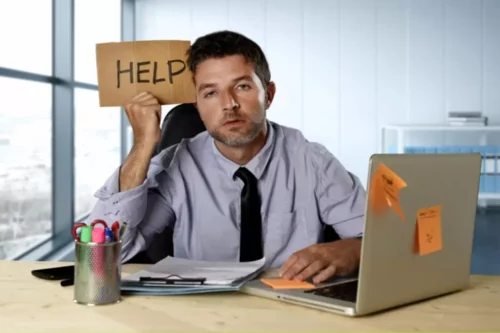
The psychiatric, psychological, and neuroscientific disciplines have developed theories to explain the association between alcohol and anxiety disorders. Each discipline has independently contributed to the understanding of how to best describe and treat alcohol use disorder (AUD) in the context of negative affectivity. However, very little cross-communication has occurred among these disciplines. This insularity and particularism continue to impose significant opportunity costs in this field. What several studies have found is the opposite – that caffeine may actually help those with anxiety, stress, and possibly even mild depression. A study in Brazil found that many of those with moderate caffeine consumption experienced less depressive symptoms and fewer cognitive failures, indicating that those that consumed caffeine actually felt better, not worse.
Alcohol and Anxiety: How Drinking Alcohol Causes Anxiety
Antidepressants may be taken every day to help treat anxiety, while benzodiazepines are generally used for temporary relief from uncontrollable feelings of anxiety. Talk to your doctor to decide which type of medication is best for you. If you think you have a problem with alcohol, seek help from your doctor right away. Occasionally unwinding with alcohol isn’t necessarily dangerous if your doctor approves. But once you start drinking, you can build a tolerance to the de-stressing effects of alcohol. Acetaldehyde contributes to inflammation in the liver, pancreas, intestinal tract, and brain, among other organs.
Can alcohol cause anxiety?
- It’s not unusual for someone to wake up after a night of drinking feeling social embarrassment and regret.
- Both involve the consumption of products that provide short-term pleasure but may have negative long-term effects on mental health.
- Moreover, when individuals drink alcohol in excess, it can also cause GABA (gamma-aminobutyric acid) levels to decrease.
- Coffee, tea, soda, and other foods and beverages containing caffeine are consumed by many adults each and every day, so it is perhaps not surprising to learn that caffeine is the most commonly used drug in the world.
Breaking this can drinking increase anxiety cycle can be challenging, especially for those who have come to rely on energy drinks as a coping mechanism for stress or fatigue. However, recognizing the potential long-term consequences on mental health is a crucial first step in breaking the dependence on these beverages. Sleep deprivation is a well-established risk factor for both anxiety and depression.
Health topics
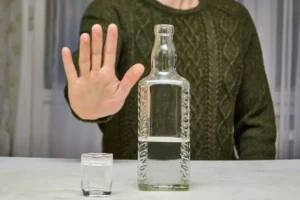
It lowers levels of GABA—making you feel less calm—and boosts glutamate, which increases anxiety. Sometimes, no matter what I do, the only thing that abates my post-drinking anxiety is waiting it out. At the very least, I find comfort in remembering that my shaky-emotional-ground feeling, no matter how intense, will dissipate soon enough. As Dr. Greenfield puts it, “Time is on your side.” Just breathe, take care of yourself, and remember that hangxiety isn’t forever. Alcohol is a natural disinhibitor — meaning it can cause you to make choices you may not make while sober.
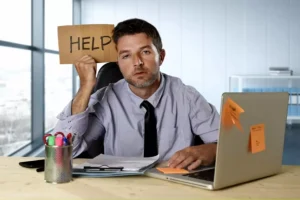
Drinking whilst taking certain medications can also induce side effects like drowsiness, dizziness, confusion, and stomach problems. For individuals prone to panic attacks, alcohol can be particularly problematic. As the alcohol starts to wear off, our body returns to a natural state and a rebound effect as we sober up can heighten our anxiety. For socially anxious people, this can mean fixating on what we did and said, how we looked, what other people thought of us, what is alcoholism and an overall sense of embarrassment about our behaviour while intoxicated. Physical activity releases endorphins, which are known to improve mood and reduce anxiety. Working out doesn’t have to be super intense to have a positive effect on anxiety, either.
The Science Behind Alcohol Abuse
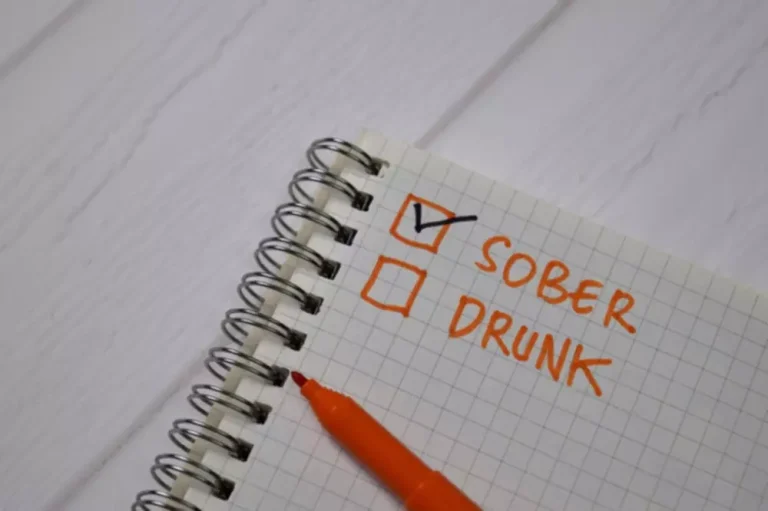
Seeking guidance from a licensed mental health professional can be crucial to reducing alcohol-induced anxiety. Regular or overuse of alcohol can result in psychological dependence. Some people might come to feel they need alcohol to be able to relax or cope with stress in their lives. The effects of substance abuse can cause increased anxiety, especially if alcohol is suddenly unavailable or if the intake amount is drastically reduced.
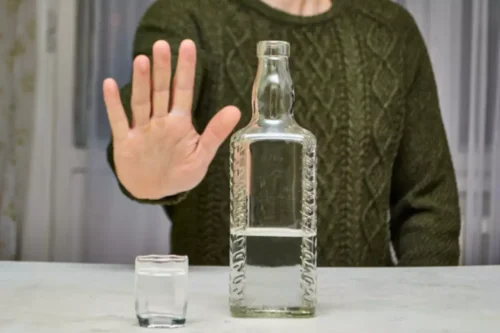
Is there a connection between alcohol consumption and stress hormones?
In fact, alcohol’s effects can be similar to those of antianxiety medications. When dealing with stressful days or nervous situations, you may be tempted to have a glass of wine or a beer to calm your nerves. However, drinking alcohol, especially heavily and over a long period of time, can actually increase your anxiety. Hangover anxiety can also arise as the brain adjusts to the mental effects of alcohol.
Laisser un commentaire